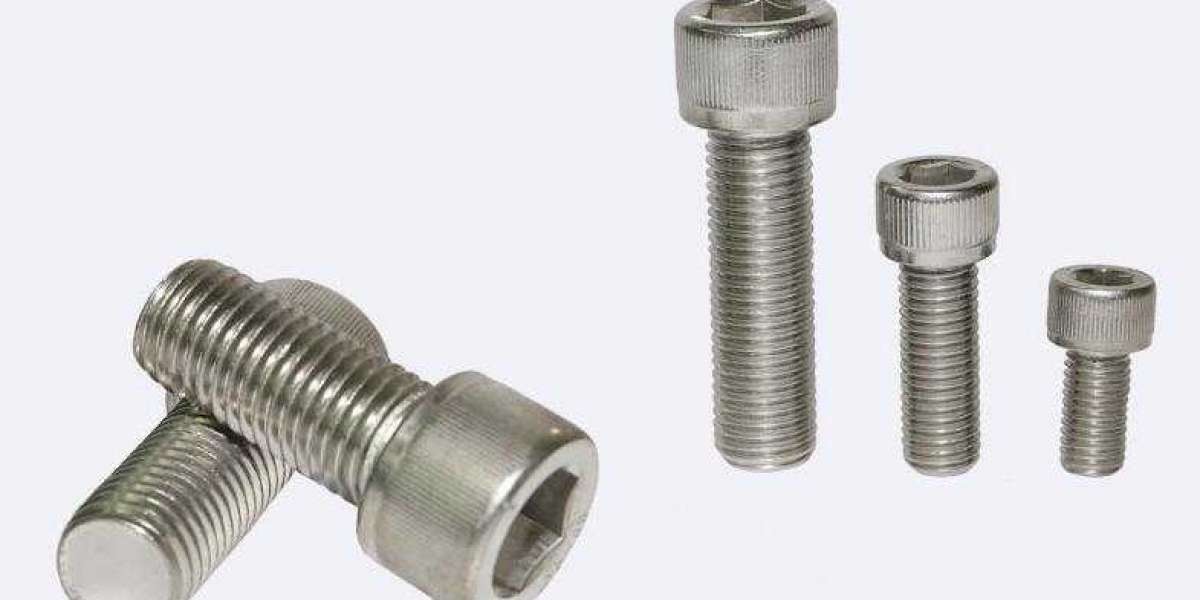When we use high-strength screws, we often encounter some problems. For those who do not understand high-strength screws, they don't know how to better solve these problems. Therefore, the following Industrial Bolt Factory lists some common questions about high-strength screws for everyone, and hope to help you in the use of high-strength screws.
1. What material is the high-strength screw made of?
High-strength screws generally refer to screws above 10.9, and stainless steel screws above 10.9 should use 34CrNiMo or 34CrNi3Mo. Of course, heat treatment is indispensable.
2. Why is it strictly forbidden to get wet before the final tightening of high-strength steel bolts?
Afraid of rust!
3. Can high-strength screws be used in aluminum connections?
Do you want to use aluminum to withstand heavy loads? How can materials that are not of the same strength grade be used together? If they are used, the pre-tightening force of the bolts cannot exceed the strength limit that the aluminum can withstand.
4. What material are high-strength screws made of?
High-strength screws generally refer to bolts above 10.9 grade, and stainless steel screws above 10.9 grade should use 34CrNiMo or 34CrNi3Mo. Of course, heat treatment is indispensable.
5. What are the requirements for the construction pretension of high-strength bolts?
Should meet the design requirements, the under-tightening value or over-tightening value should not exceed 10% of the specified value.
6. What is the problem with high-strength fastener products?
1) Guaranteed strength requirements: Guaranteed load and wedge load are the key items for evaluating the mechanical properties of the product under tensile load (Class A), which is especially important for high-strength fasteners. Guaranteed load is to assess the ability of the product to resist plastic deformation under the specified tensile load. If this index fails to meet the requirements, plastic deformation may occur due to the pre-tightening force and working load, thereby reducing the pre-tightening force and loosening the connection . The fatigue test is to assess the tensile strength and the joint strength of the bolt product.
2) Hardness requirements: The hardness of stainless steel screws is also an important index for assessing the mechanical properties of fasteners. The materials used in products of each performance level are different. The mechanical performance level is an important basis when selecting non-standard screw fasteners. And in use, the working load and installation torque should be determined according to the performance level. For specific materials, the hardness should be controlled at a reasonable level. High hardness may reduce the fatigue resistance of the product. In order to improve the strength of the product, the hardness is controlled at Higher level, causing some products to exceed the standard
3) The decarburization layer exceeds the standard: the decarburization layer is also a category A project. Due to decarburization, the surface hardness and strength of the parts are greatly reduced, which seriously affects the surface contact strength and fatigue life of non-standard screw fasteners, especially the thread parts prominent. The main reason for China Stud Supplier's decarburization is decarburization of raw materials, decarburization in the process of material reforming, and decarburization in the process of product heat treatment.
Weigao Fasteners
9 Blog Posts



